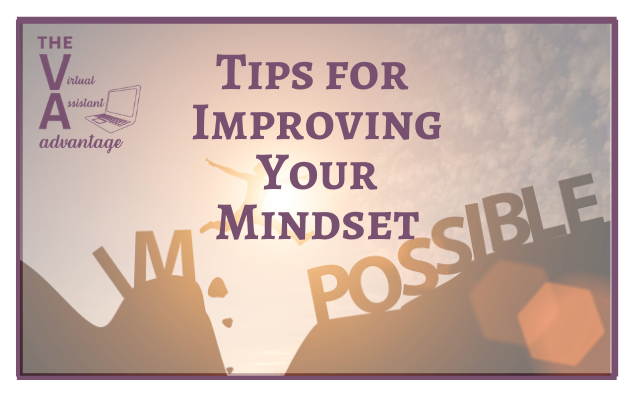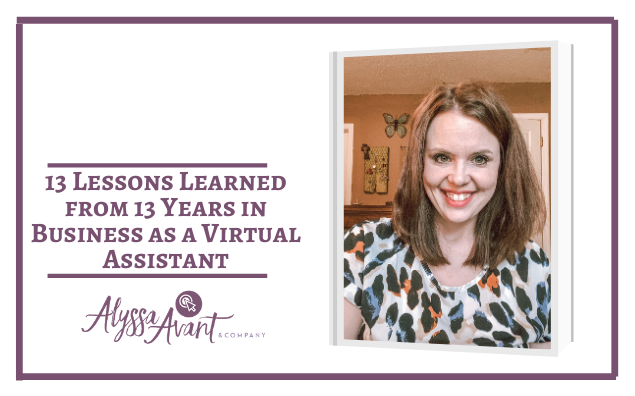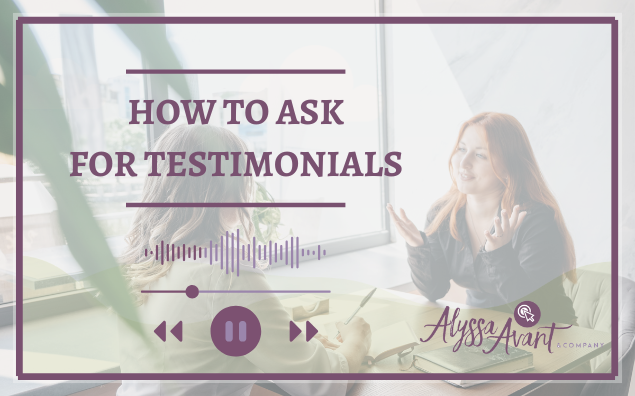Solo Verses Guest Podcasting
In today’s episode, we are going to talk about whether or not you should have a guest or solo driven podcast and what the differences between them are.

First, we want to talk about what a solo podcast is. A solo podcast is a podcast that doesn’t require a co-host or a guest. The podcast host is the main speaker. This is the most basic form of podcasting and it doesn’t require much investment to get started. According to Podmahal.com, 75% of people say that they listen to podcasts to learn something new. A solo podcast is an easy podcast form to use as an educational tool. You teach something or share information with your listeners. I myself have a solo podcast.
Some of the pros of having a solo podcast are that it is easy to start, easy to set up, and more flexible. Some of the cons of having a solo podcast are that you have to do all the talking, you might run out of topics, and you are alone when it comes to promoting your podcast. With a guest podcast, you are able to leverage the audience of your guest as well.
So then, what is a guest podcast? With a guest podcast, you interview someone or have someone come on to your podcast to share their expertise. Some of the pros of having a guest podcast are that it can be a bit more entertaining, you don’t have to be the one talking the entire time, you don’t have to be an expert, and you can leverage their audience or platform. It can often be easy to find a guest because people are also often looking to grow their audience and share their expertise with a larger audience.
There are some cons as well, though. It can be a lot of work to do research on the guest you invite to your podcast and to reach out to them. It is also essential that you have the proper equipment. Last week, I shared that you would need a little bit of different equipment or tools to have a guest podcast than you would for a solo podcast. In order to have a guest podcast, you need to invest in remote recording software. You will also need to do some technical work to find the best setup for your interview. Doing a guest podcast can also be very dependent on your guest’s internet connection. If your guest doesn’t have a good internet connection or the proper equipment, then that will affect the quality of your podcast episode. You also become reliant on your guest ability, as well as your own ability, to engage and entertain your audience. Doing a guest podcast can take a lot more work on the front end to make sure that everything goes smoothly and that you know what to expect.
Solo versus guest podcasts are two different avenues of podcasting and they have to be prepared for in two very different ways. You want to consider the differences when you are trying to choose which type of podcast is right for you. From my experience, I have had a solo podcast for almost three years now. I do, from time to time, do guest episodes when I feel that there is a topic that needs an expert’s insight. If a guest can offer something helpful to my audience, I may include them, but I personally only do that from time to time. These episodes tend to be a bit longer than my normal episodes. My episodes are generally ten to fifteen minutes, whereas when I have a guest, the episodes run more like twenty to thirty minutes. Since you will need to factor in longer episodes with a guest, this is something you should consider when deciding if you want to do a guest or solo podcast.
Another good thing to consider is what kind of podcast you enjoy listening to. Do you prefer guest podcasts or solo podcasts? I hope that I have given you some food for thought when it comes to these two types of podcasts. Next week, we will be wrapping up this series. We will be discussing the possibility of guesting on other people’s podcasts if you do not want to start a podcast for yourself.
STAY CONNECTED
I have a Facebook group for Christian authors, speakers, and coaches. It’s called The Christian Business Advantage, and each month I do a FREE training around the third Thursday of each month. Please come join our group, and you will learn tips and tricks for your business.






